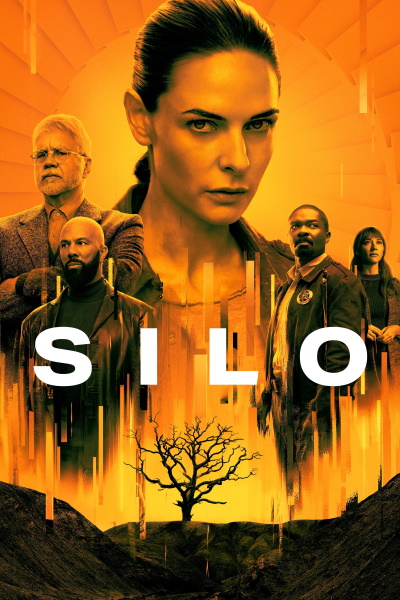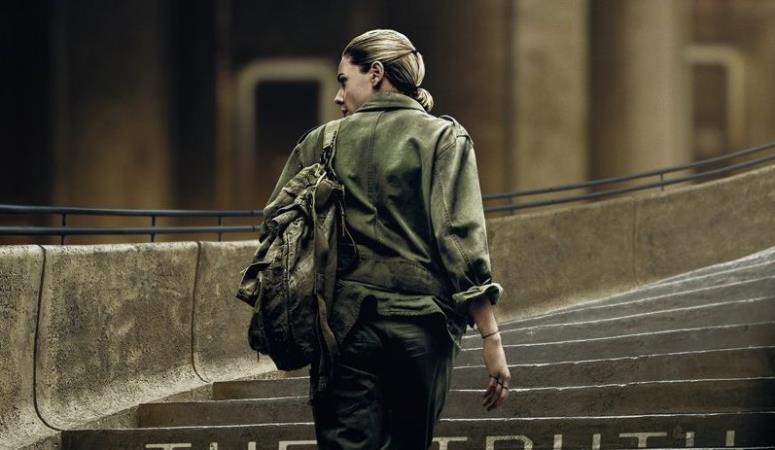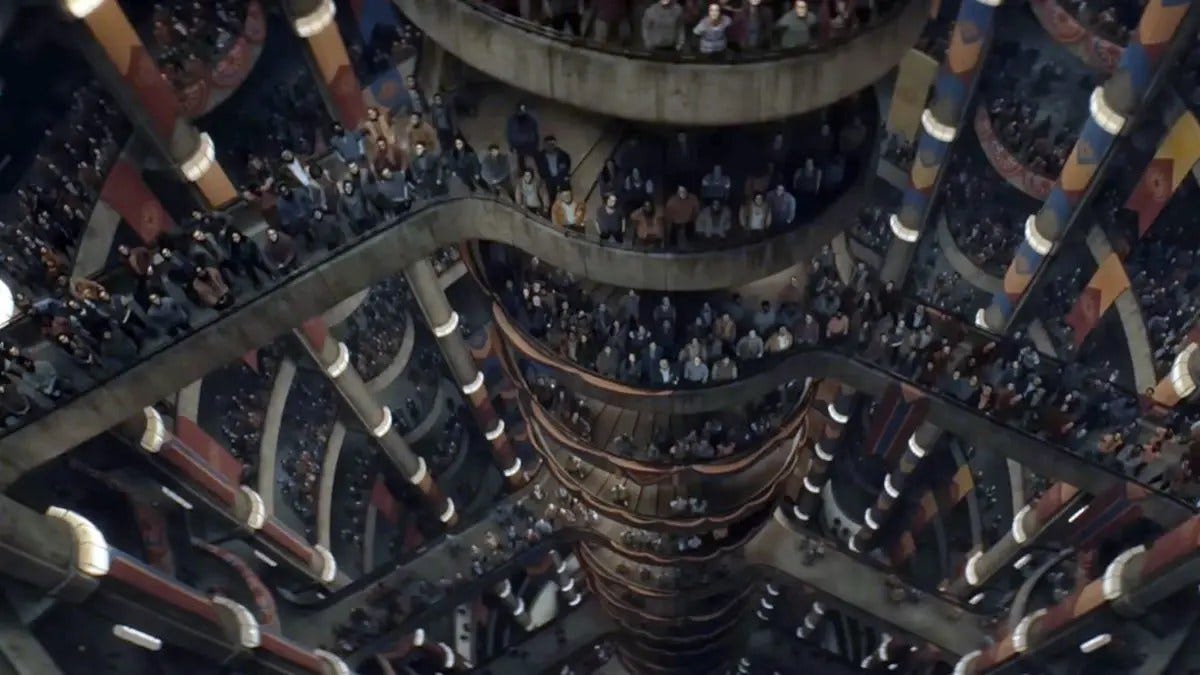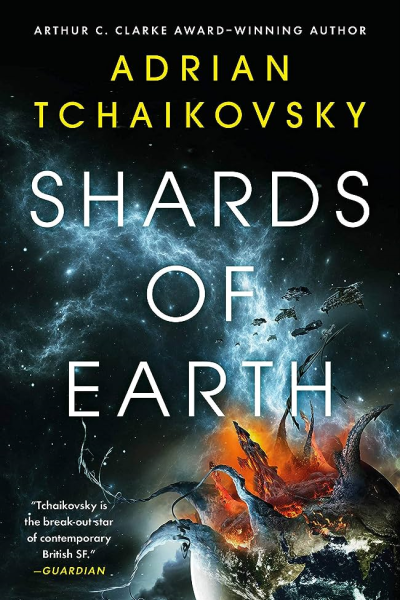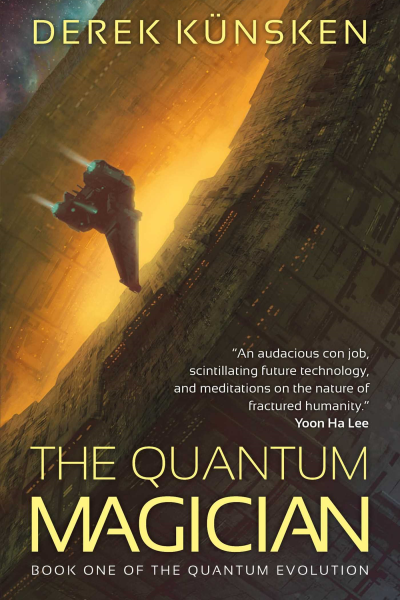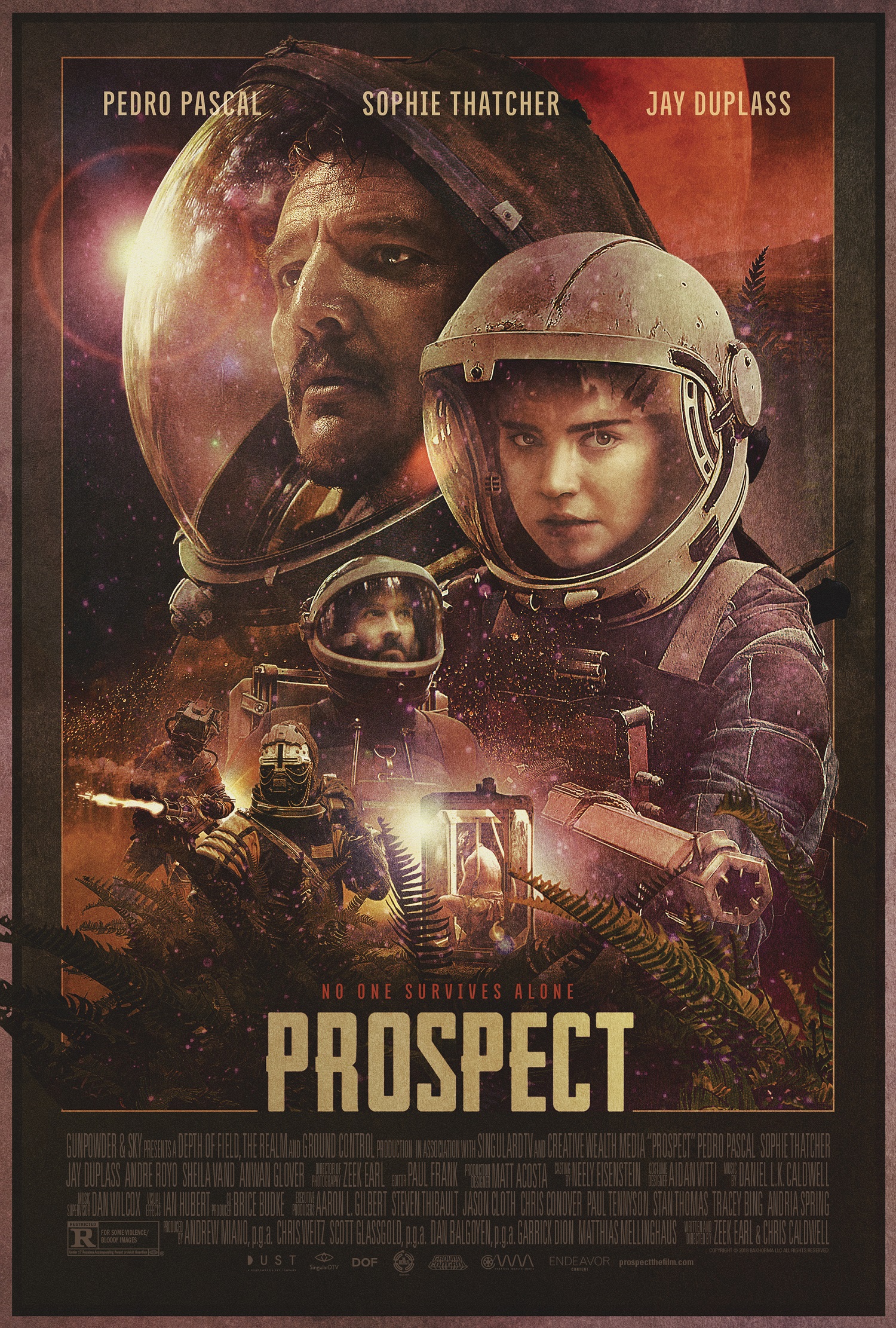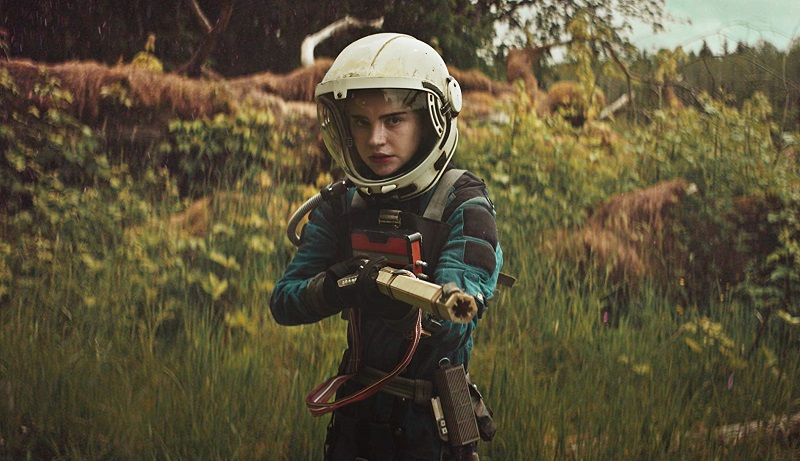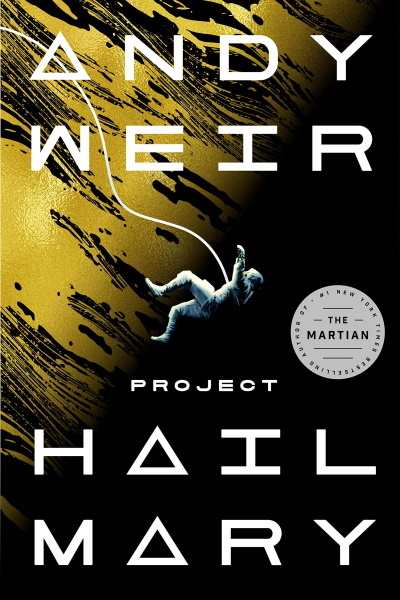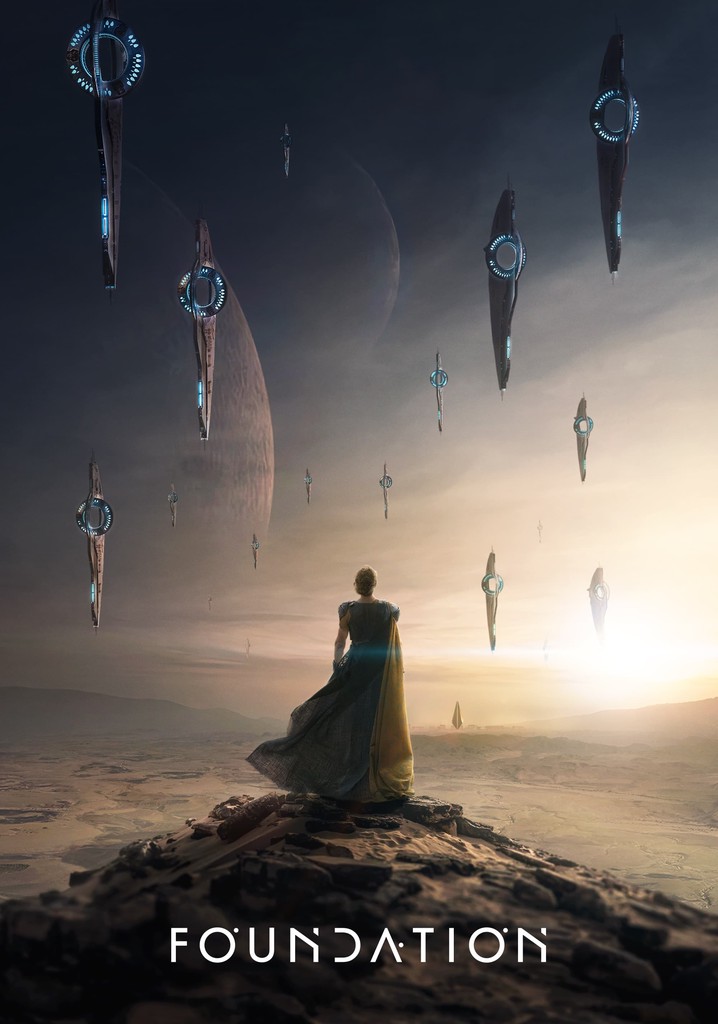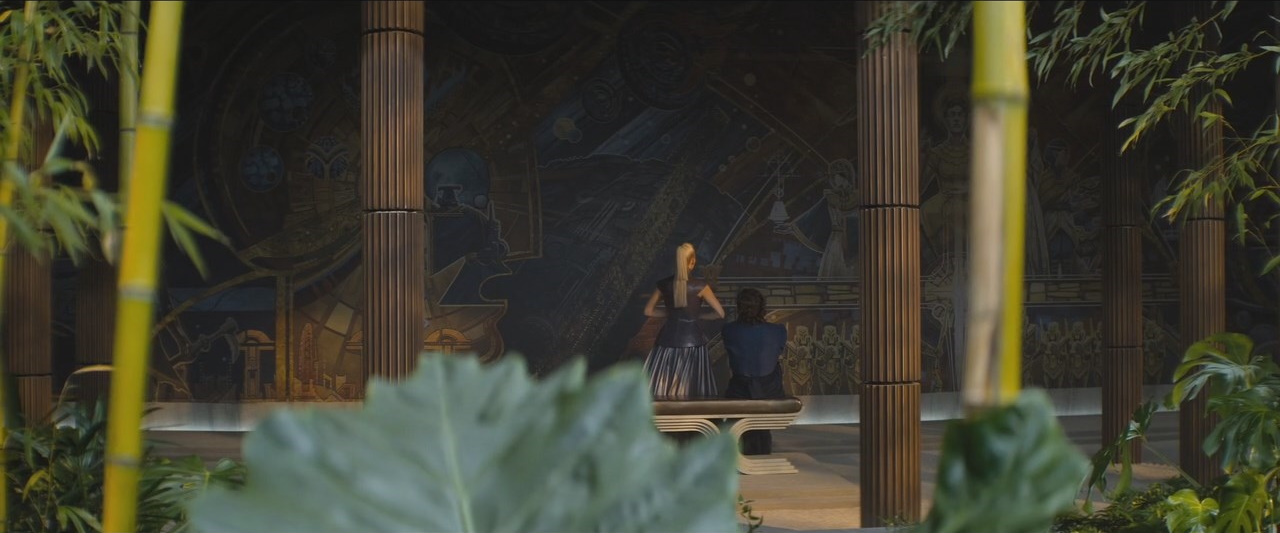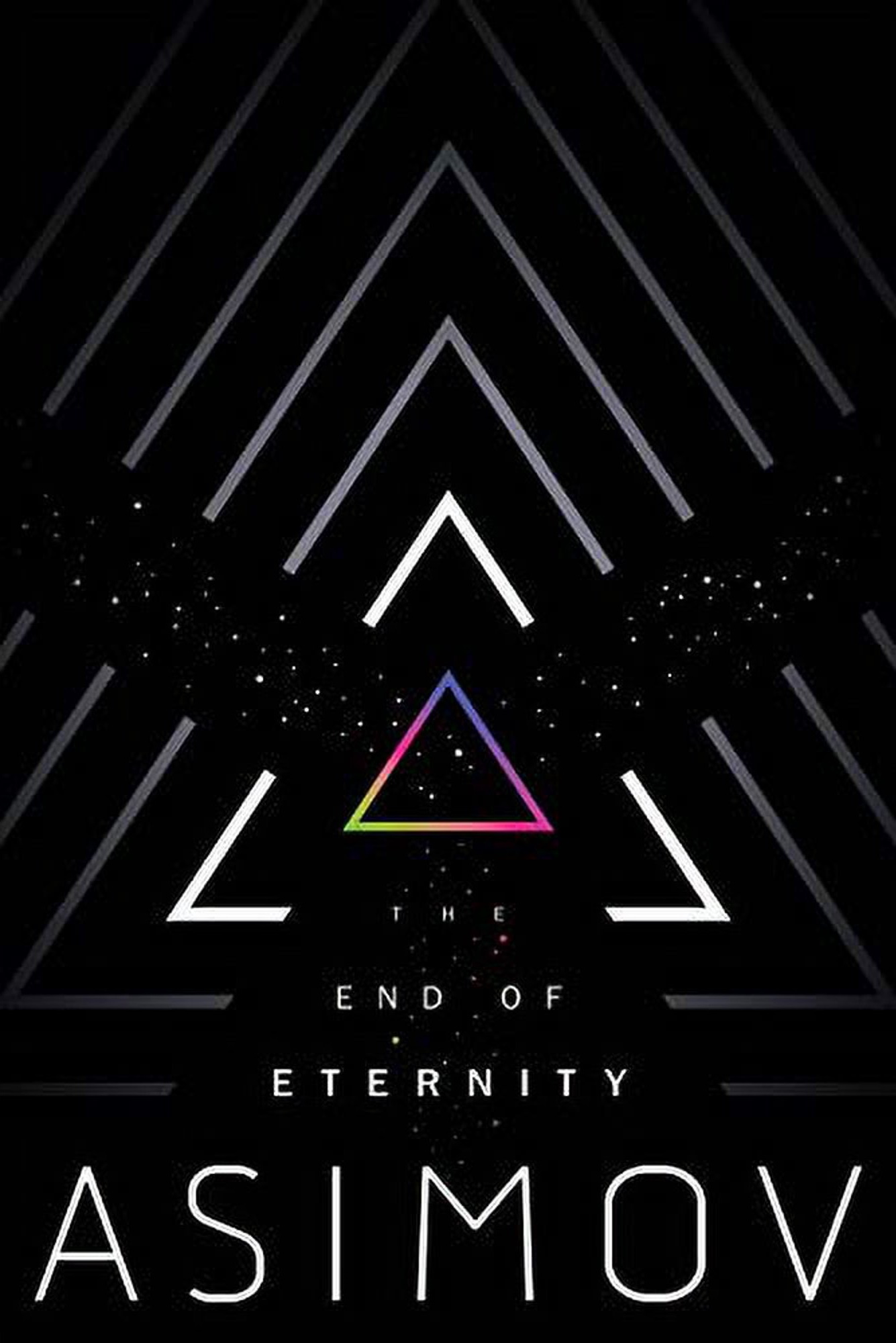Seveneves
Seveneves (2015) – Neal Stephenson
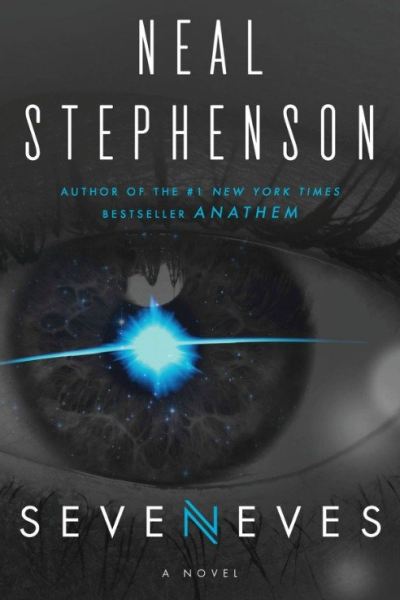
After describing my interest in the hard science fiction of Greg Egan to an acquaintance they recommend the author Neal Stephenson to me. They didn’t give me any particular book as a recommendation so I started looking up titles myself. To be honest I picked up Seveneves because the name “Izzy” caught my eye. This is apparently a completely fictional nickname for the International Space Station (I.S.S) that Neal created. It wouldn’t be much of a problem in text format, but as an audiobook I can’t imagine how tedious it would be to be saying “I.. S.. S..” or “International Space Station” 352 times. I queried the ebook and determined that the word “Izzy” appears exactly 352 times throughout the book. That is at least a third of the pages so rather frequent. While I would definitely categorize this book as hard science fiction I’d say it still revolves heavily around characters. Of which there are a great number of in this book. It was actually rather difficult to keep them all straight throughout this exceedingly long book. I believe there are nearly 900 pages total. Unfortunately in my opinion the story that was told did not warrant such a long book. To be fair I don’t think any of the book was unnecessary fluff. It is so long because of both the pacing and the great detail in which the world and events are described.
The moon blew up without warning and for no apparent reason.
This is the very first sentence of the book. I have never seen the threat so quickly established. This immediately brings up a lot of questions. Such as, what is going to happen to Earth? What blew up the moon? What are they going to do about it? Will humanity survive? Only some of these very critical questions get answered which has left me somewhat dissatisfied. Of course once you finish the book you will know that some things were not the point the author was trying to make as the story takes a vastly different turn than expected by the end.
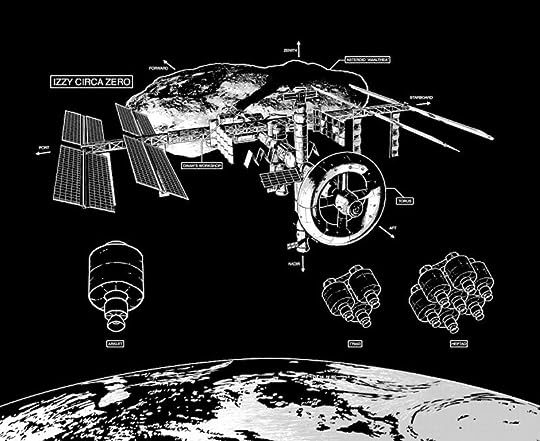
Around two thirds of the book takes place on Izzy. The main protagonist in the first two parts is Dinah who coincidentally is already onboard Izzy at the time the moon explodes. She is a bit of a quirky engineer who is working on developing various types of robots for purposes such as mining. Initially upon the moon exploding all of the large remaining pieces stay gravitationally bound to one another in roughly the same position as the moon had been prior. It is not until further analysis that it is discovered that the large pieces will slowly collide and an exponential rate until it turns into clouds of millions of smaller rocks that will eventually fall to earth. The hard rain will completely burn away the atmosphere and obliterate the surface of the Earth. This sets off a frenzy to create a plan to save humanity by any means necessary.
If this book was half as long or focused far more on the story in the third act I would have enjoyed it far greater. It felt like the third act was the story that the author really wanted to tell, but for some reason spend the majority of the book merely on the setup for it. It also ends so suddenly that it feels incomplete. That said I enjoyed this book more than I did not ironically due to the great detail in which events are described. You can really feel the horror, claustrophobia and futility the characters are going through when trapped in space with no planet to return to or ask for help. I will likely pick up another Neal Stephenson book in the near future. All of his books seem quite long, but Snow Crash and Cryptonomicon look interesting.

